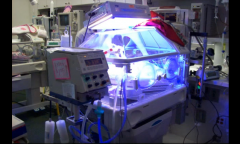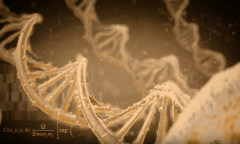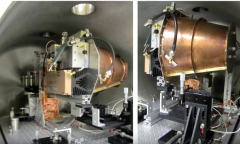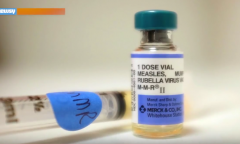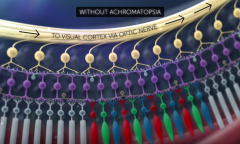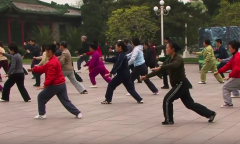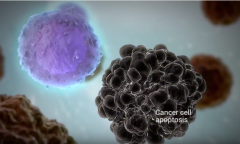By Prei Dy, | April 24, 2017
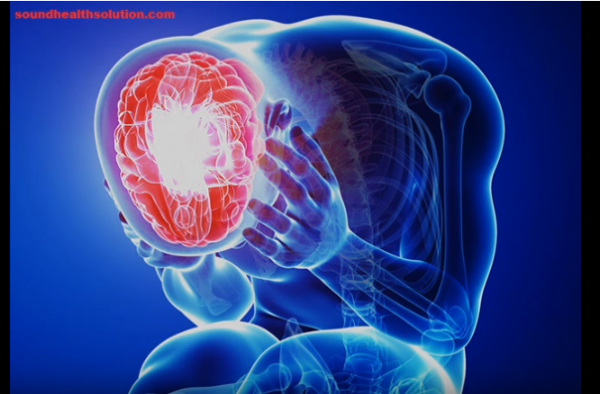
China is set to test if micro-gravity could regrow damaged or lost tissues and cells. (YouTube)
Scientists from the Chinese Academy Sciences' Institute of Zoology are reportedly carrying out experiments on the Tianzhou-1, China's first cargo spacecraft, to determine the effects of micro-gravity on embryonic stem cell proliferation and differentiation, exploring the possibility of tissue or organs regrowth after being lost or damaged from an illness or injury, Space Daily reported.
Like Us on Facebook
"We hope to get an initial understanding about the space micro-gravity effects on stem cell proliferation and differentiation," lead researcher Duan Enkui said.
Embryonic stem cells and embryoid bodies of mice were carried aboard the Tianzhou-1, which was launched on Thursday. Researchers will attempt to study the proliferation and differentiation process through telescope images, and parallel tests will be done on the ground to compare, Duan said.
"Can we use micro-gravity conditions to realize large-scale proliferation of stem cells and tissue engineering construction? That's what we want to find out," Lei Xiaohua, a member of the team, said.
Embryonic stem cells are pluripotent cells that are capable of transforming any cells in the body. One of its characteristics is its ability to self-renew or multiply while maintaining the potential to develop into other types of cells. It could become cells of the blood, skin, brain, bones, and muscles.
"In ground experiments simulating micro-gravity conditions, we found the differentiation ability of mouse embryonic stem cells is enhanced. We also discovered the key gene responsible for this change and the molecular signaling pathway," Lei said.
That being said, Lei stressed the need to conduct the experiment to a real micro-gravity environment in space to better understand how it will have an effect on embryonic steam cells' proliferation and differentiation.
"Maybe scientists will be able to induce stem cells to grow into certain tissues or organs in space in the future to serve people on earth. In another scenario, if a human is injured and loses organs in future space migration, the lost organs might be regenerated," Lei said.
-
Use of Coronavirus Pandemic Drones Raises Privacy Concerns: Drones Spread Fear, Local Officials Say

-
Coronavirus Hampers The Delivery Of Lockheed Martin F-35 Stealth Fighters For 2020

-
Instagram Speeds Up Plans to Add Account Memorialization Feature Due to COVID-19 Deaths

-
NASA: Perseverance Plans to Bring 'Mars Rock' to Earth in 2031

-
600 Dead And 3,000 In The Hospital as Iranians Believed Drinking High-Concentrations of Alcohol Can Cure The Coronavirus

-
600 Dead And 3,000 In The Hospital as Iranians Believed Drinking High-Concentrations of Alcohol Can Cure The Coronavirus

-
COVID-19: Doctors, Nurses Use Virtual Reality to Learn New Skills in Treating Coronavirus Patients


